
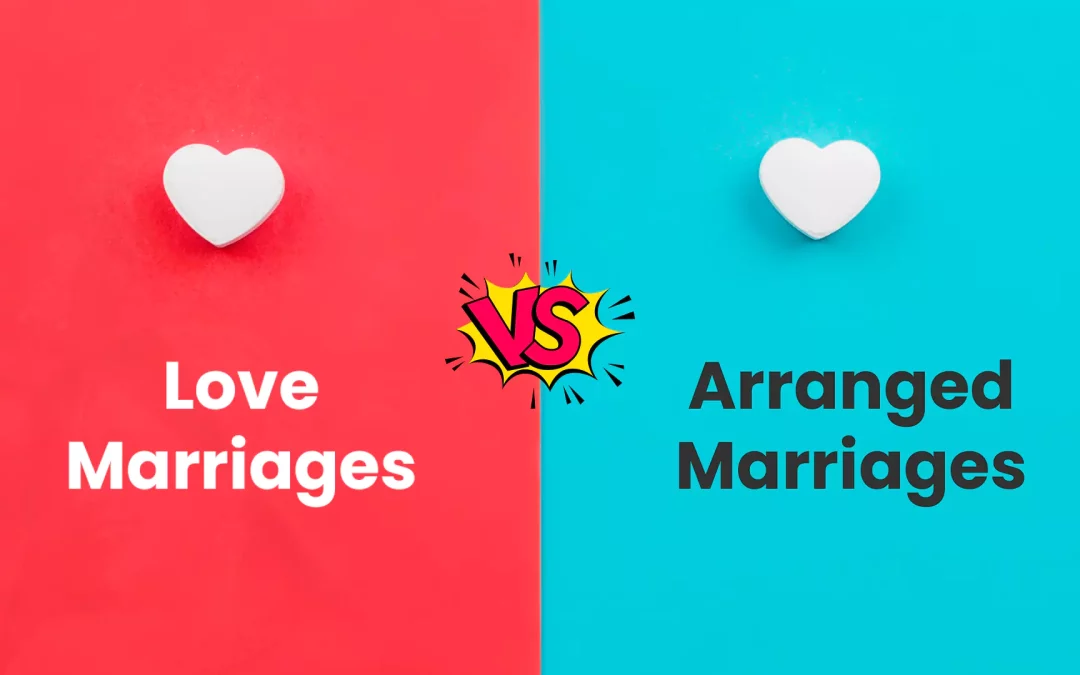
Arranged or Love Marriage: Understanding the Pros and Cons
Estimated Reading Time: 7 Minutes
- Understand the differences between arranged and love marriages.
- Both marriage types have unique advantages and challenges.
- Cultural significance influences marriage choices globally.
- Family support and personal autonomy are key factors in marriage decisions.
- Success in marriage depends on mutual respect and understanding.
"A successful marriage requires falling in love many times, always with the same person."
The question of arranged or love marriage is a timeless debate that resonates across cultures and generations. With the world becoming increasingly interconnected, individuals often find themselves balancing familial expectations and personal desires when it comes to choosing a life partner. Understanding the pros and cons of each type of marriage—arranged and love—becomes essential for anyone considering this significant step in life.
In this blog, we will explore both arranged and love marriages, discussing the advantages and disadvantages of each. This exploration aims to provide insights that can help readers make informed decisions about their own marriage choices in a world where tradition often collides with modernity.
Understanding Different Types of Marriage
Defining Arranged Marriage
An arranged marriage is a union orchestrated by families, community elders, or matrimonial services, based on social, cultural, or practical considerations. Families play a crucial role in assessing compatibility, considering factors like background, values, education, and social standing. This approach emphasizes the importance of family ties and alliances rather than just individual desires when forming a partnership. Learn more about the basics of arranged marriage and arranged marriage in cultural contexts.
Defining Love Marriage
In contrast, a love marriage is based on personal choice, romantic attraction, and mutual affection, with couples choosing their partners independently. Here, emotional connection plays a vital role as individuals prioritize personal feelings over external recommendations. Love marriages reflect modern relationships more closely, as they focus on individual preferences and emotional satisfaction. For a deeper understanding, read more about love marriages.
Cultural Significance
Each marriage type holds cultural significance in different societies. Arranged marriages commonly take place in South Asian Indian weddings, Middle Eastern, and some East African cultures, prioritizing familial approval over romantic love. On the other hand, love marriages are more prevalent in Western societies, focusing on personal autonomy and the emotional fulfillment of the couple involved. Thus, the values and expectations surrounding each marriage type can vary significantly from one culture to another. Explore this cultural insight here.
Benefits of Arranged Marriage
Family Support and Involvement
One of the significant benefits is the unwavering family support that accompanies arranged marriages. Having families involved can create a stable foundation for the couple, ensuring they have a reliable network during challenging times. Families often serve as mentors and sources of guidance, which can be beneficial throughout the marital journey. Discover more about this aspect here and here.
Compatibility Assessed by Families
In arranged marriages, families thoroughly assess compatibility between the partners, often considering long-term goals, family values, and personal aspirations. This careful matching can lead to partnerships that are rooted in deeper social connections.
Lower Divorce Rates
Research suggests that arranged marriages may have lower divorce rates compared to love marriages. This lower rate can partially be attributed to strong family involvement and cultural expectations, which create pressure to maintain the marriage and work through challenges together. For further details, check out the findings here.
Stability and Support System
Arranged marriages come with built-in support systems as families and communities often surround the couple. This support can offer security and a sense of continuity during difficult times, enhancing the couple’s resilience. Additionally, for couples seeking advice on maintaining a happy married life, refer to our Guide to a Happy Married Life for Newly Married Couples.
Drawbacks of Arranged Marriage
Lack of Personal Choice and Autonomy
One of the most significant drawbacks is the potential lack of personal choice. Partners might feel that they aren't in control of their romantic destinies, which can lead to feelings of dissatisfaction over time. Many individuals express concern about being matched with someone who doesn’t truly resonate with them on a personal level. Explore more about this concern here.
Potential Pressure from Families
The pressure to conform to familial or societal expectations can create emotional strain. Individuals may feel compelled to enter into marriages that do not fully align with their desires, leading to internal conflicts and dissatisfaction.
Risk of Compatibility Issues
Emotional bonds may take time to develop in arranged marriages, and mismatches can still occur despite thorough vetting. In some cases, partners may discover, only after marriage, that their personalities or life goals do not align as anticipated, leading to considerable frustration.
Benefits of Love Marriage
Personal Choice and Emotional Connection
One of the key advantages of a love marriage is that it allows for personal choice and prioritizes the emotional connection between partners. The bonds formed in a love marriage often start strong, as both individuals are motivated by shared feelings of affection and compatibility. To better understand this type of relationship, click here.
Importance of Friendship and Shared Interests
Many love marriages are built on friendship, allowing couples to grow closer as they share experiences, interests, and life goals. This deep emotional foundation can foster long-lasting partnerships and enhance mutual understanding.
Independence in Decision-Making
Love marriages enable couples to establish their expectations and boundaries. This freedom in decision-making can lead to greater satisfaction in the relationship, as each partner contributes actively to shaping their life together. Gain further insights on this aspect here and explore our Health and Wellness for Brides and Grooms guide to maintain a healthy relationship.
Drawbacks of Love Marriage
Potential Family Resistance or Societal Pressure
In cultures where arranged marriages are more common, couples may face significant family resistance or societal pressure when opting for love marriages. This lack of support can create tension between partners and their families.
Idealized Views on Love and Relationships
Love marriages can sometimes lead individuals to develop idealized views of relationships. Unrealistic expectations about love may make it difficult for couples to cope when faced with everyday realities, leading to disappointment when love doesn’t match their fantasies – you can read more about this topic here.
Challenges Without Family Support
The absence of family support systems can make it challenging for couples to navigate difficult situations. Without a strong external network, partners may feel isolated or ill-equipped to deal with challenges ranging from financial stress to personal disagreements – find out more about these challenges here.
Arranged Marriage vs. Love Marriage: A Comparative Analysis
To summarize, here is a comparative analysis that highlights the key differences between arranged marriages and love marriages:
| Feature | Arranged Marriage | Love Marriage |
|---|---|---|
| Family Involvement | High | Usually low |
| Personal Autonomy | Limited | High |
| Divorce Rates | Lower | Often higher |
| Emotional Bond | Develops gradually | Starts strong |
| Support System | Built-in (family/community) | Must be actively built by couple |
| Cultural Relevance | Strong in traditional societies | Strong in modern/urban societies |
Both types of marriage present unique advantages and challenges. The decision to choose one over the other often depends on personal values, cultural backgrounds, and individual circumstances. Gain further insights about marriage comparisons here and here.
Happily Married: Famous Couples in Arranged and Love Marriages
Arranged Marriage Example
Take Indian cricketer Yuvraj Singh and actress Hazel Keech, who entered into an arranged marriage. Their successful union highlights how family involvement can enhance relationships when mutual respect is at the core.
Love Marriage Example
Then we have Priyanka Chopra and Nick Jonas, who represent a love marriage. Their delightful cross-cultural relationship is based on mutual admiration and emotional connection.
Both couples exemplify that it is not the nature of the marriage that determines success, but rather the qualities of respect, communication, and a willingness to grow together amidst differences.
Conclusion
In the end, whether one chooses an arranged or love marriage, what truly matters is the quality of the partnership. This exploration of marriage types shows that both arrangements can lead to happiness and fulfillment, provided they focus on mutual respect and understanding. It is essential to remember that individual preferences and cultural influences play significant roles in shaping views on marriage. As you consider your own perspective, reflect on what values are most important to you in a partnership.
Call to Action
We invite you to share your thoughts on the debate surrounding arranged or love marriage in the comments below. What experiences have shaped your view of both types of marriages? How have cultural influences played a role in your perspective? Engage with us, and let's keep this important conversation going!
Tags: Marriage Relationships Culture Love Tradition
-
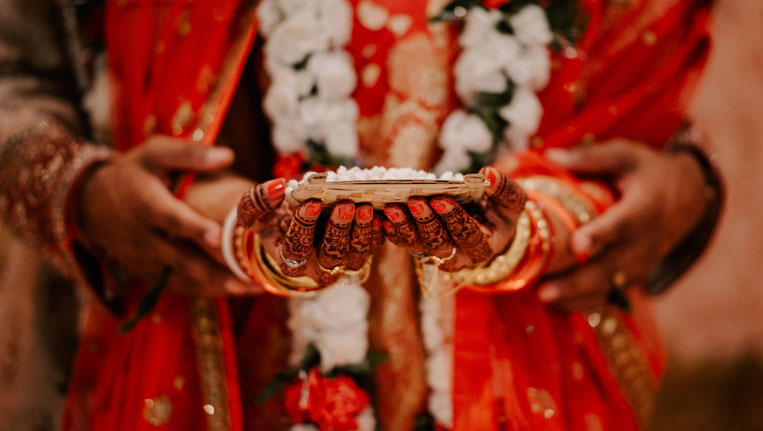
-
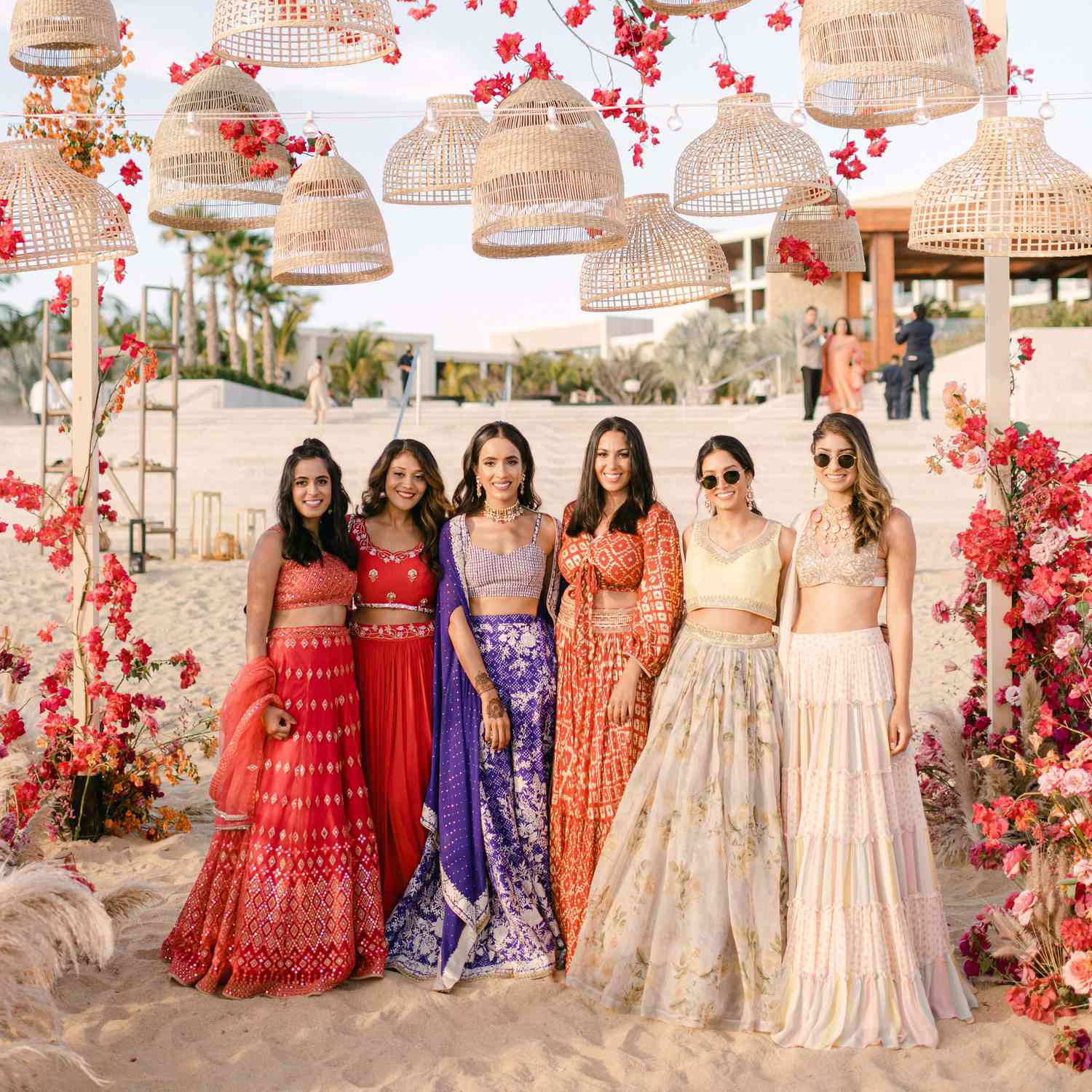
-
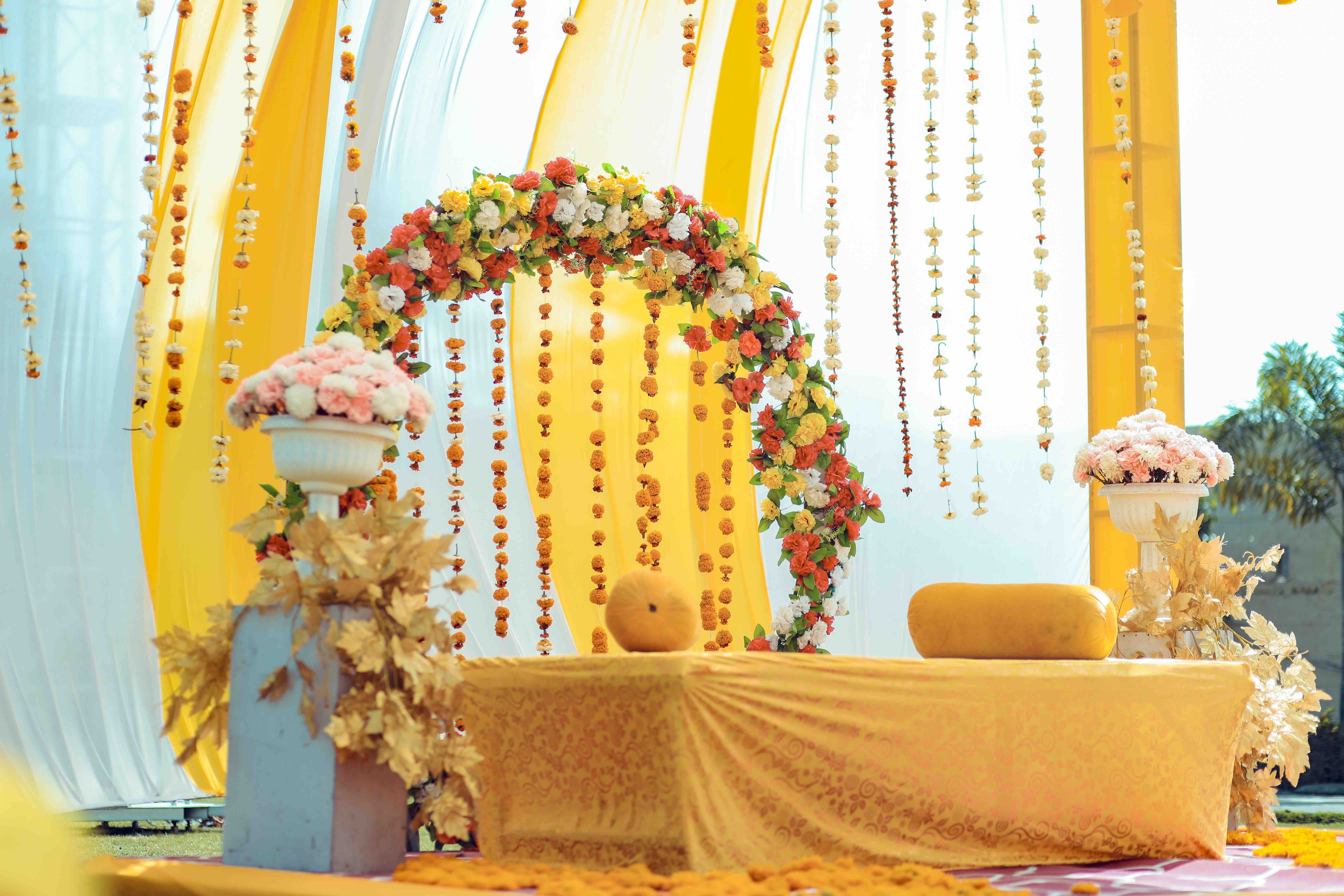 Elevate Your Haldi and Mehandi Ceremony Glam
Elevate Your Haldi and Mehandi Ceremony GlamNeeraj Singh
-
 How Engagement Party should be celebrated
How Engagement Party should be celebratedLeonard Bernstein
-
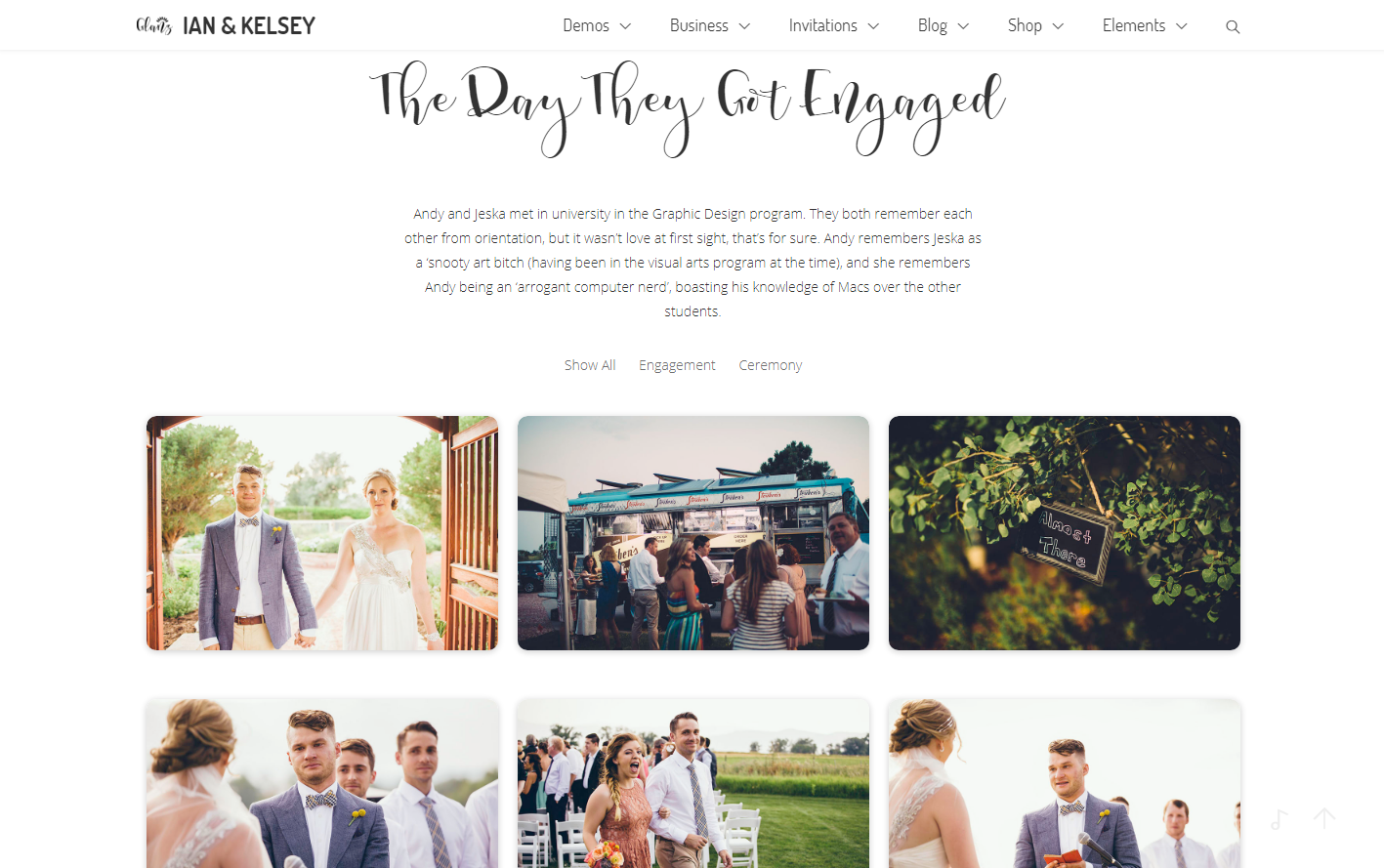 What to include in my Wedding Website
What to include in my Wedding WebsiteDream Wedds
-

-

-

-

-
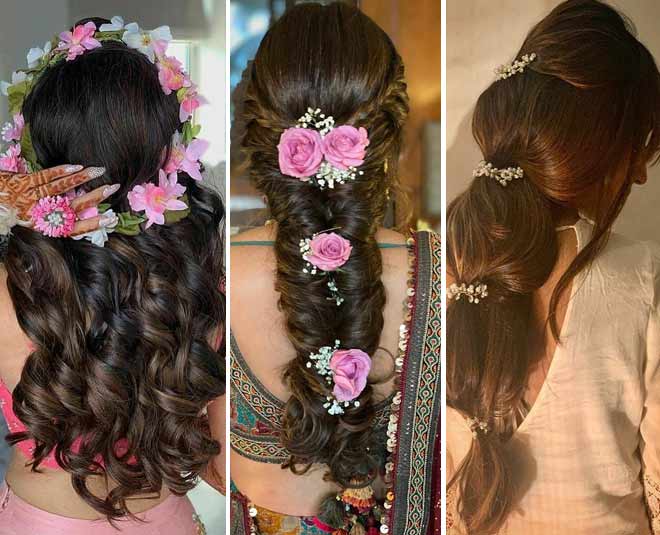
-
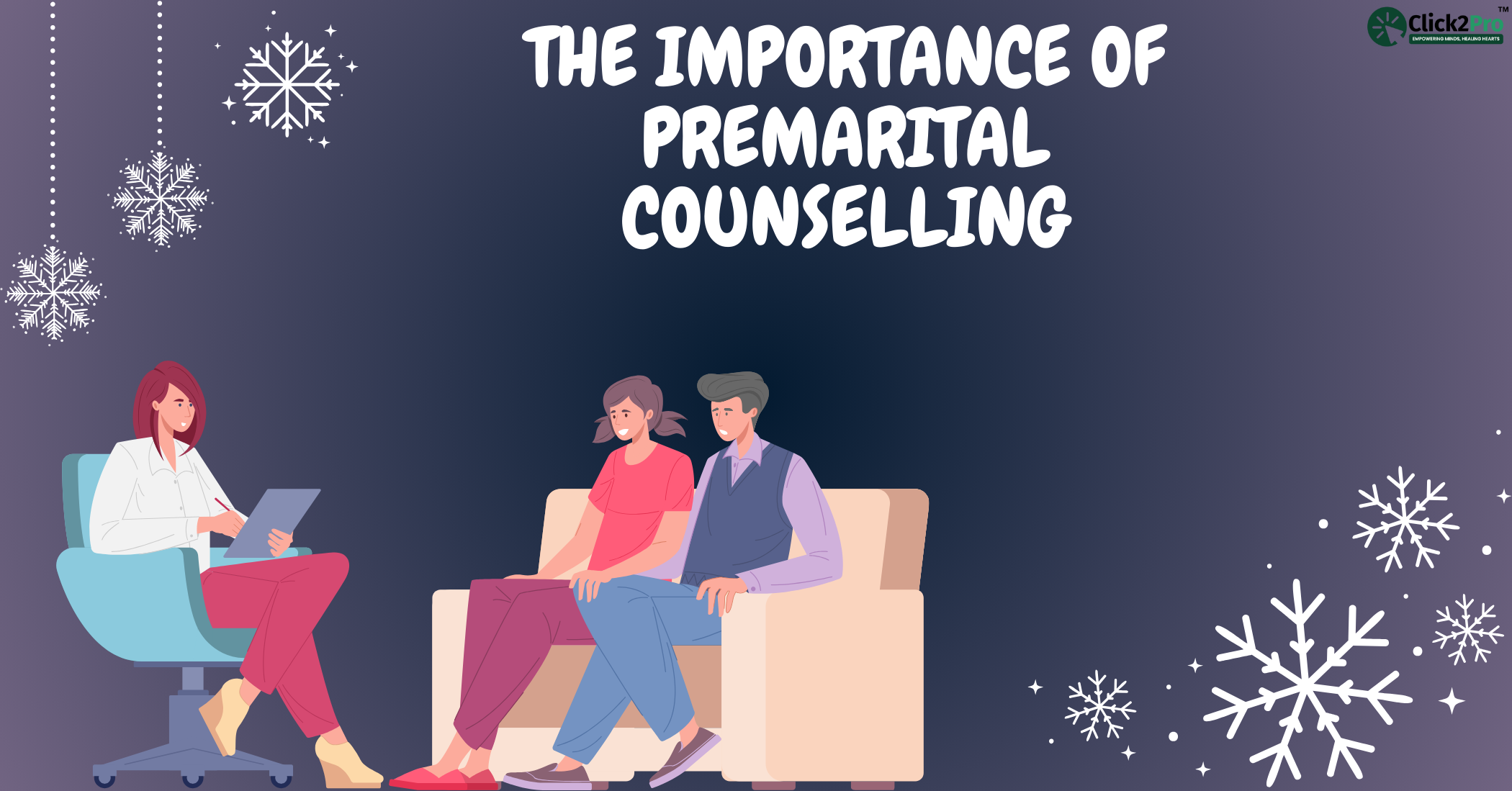
-
-

-
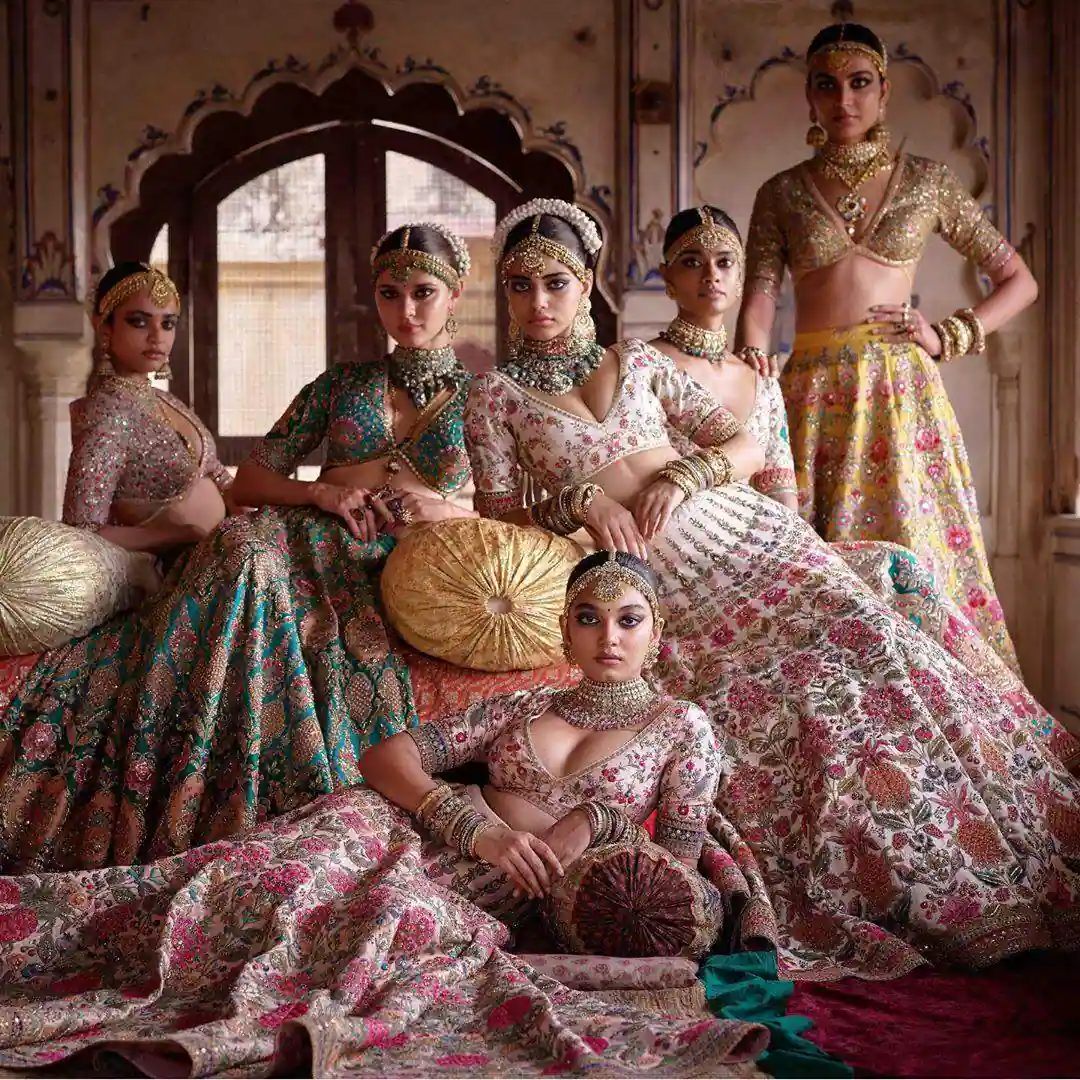
-
 The Ultimate Wedding Planning Checklist for Indian Weddings
The Ultimate Wedding Planning Checklist for Indian WeddingsSimranpreet Singh
-
 A Guide to Health, Wellness post Marriage
A Guide to Health, Wellness post MarriageSaujanya Bose
-
-
 YOUR BIO AND HOW WE MET
YOUR BIO AND HOW WE METLeonard Bernstein
-
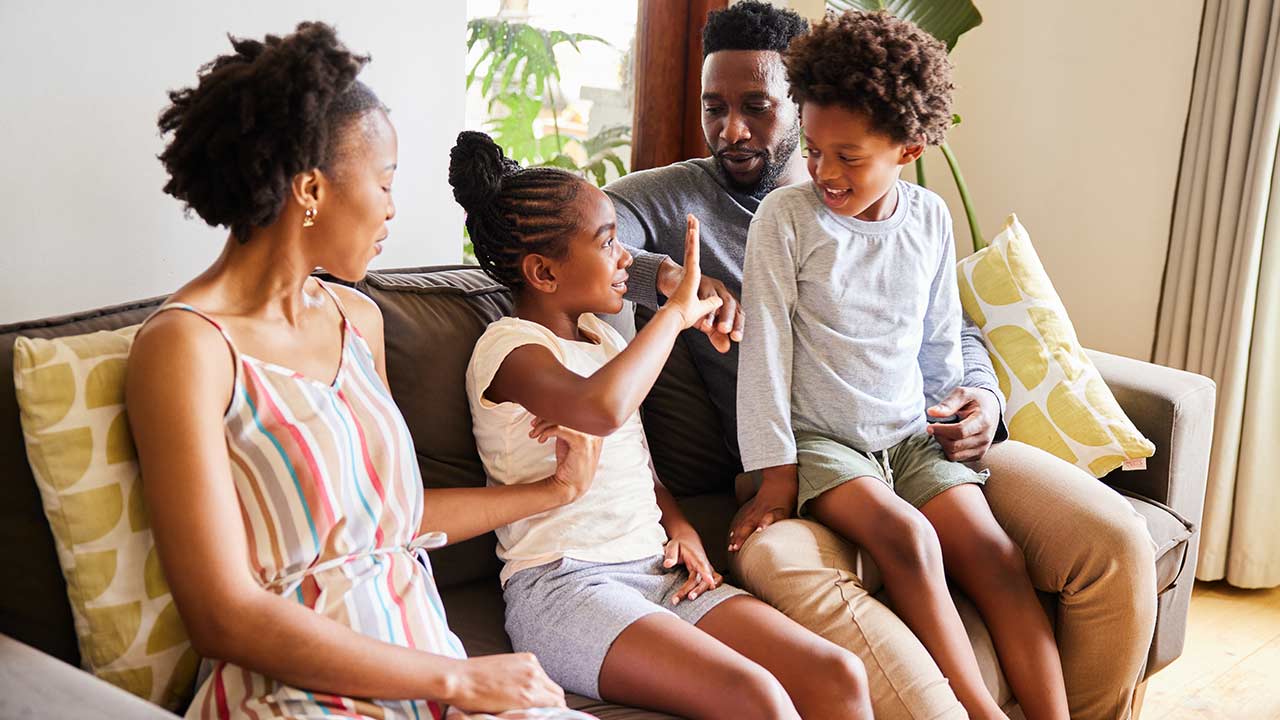
-

-
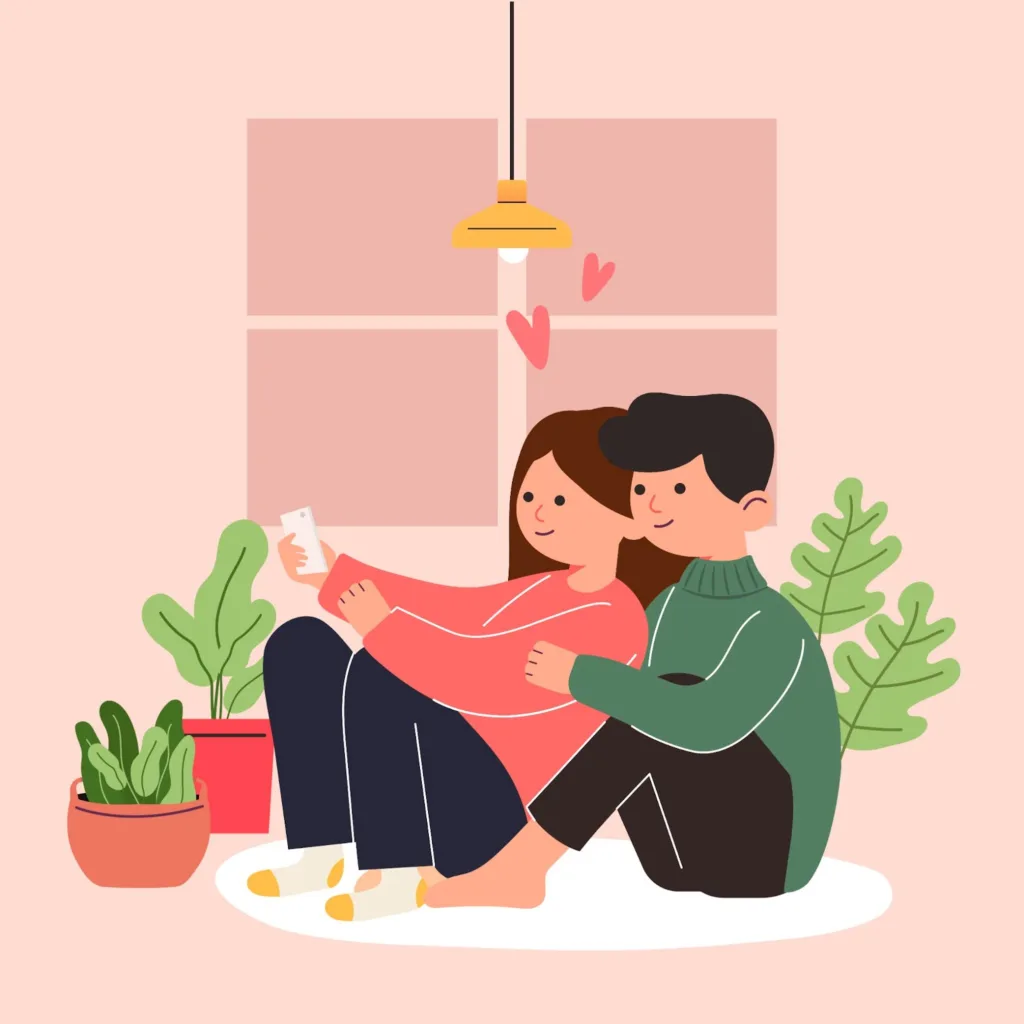
-

-
-

-

-

-
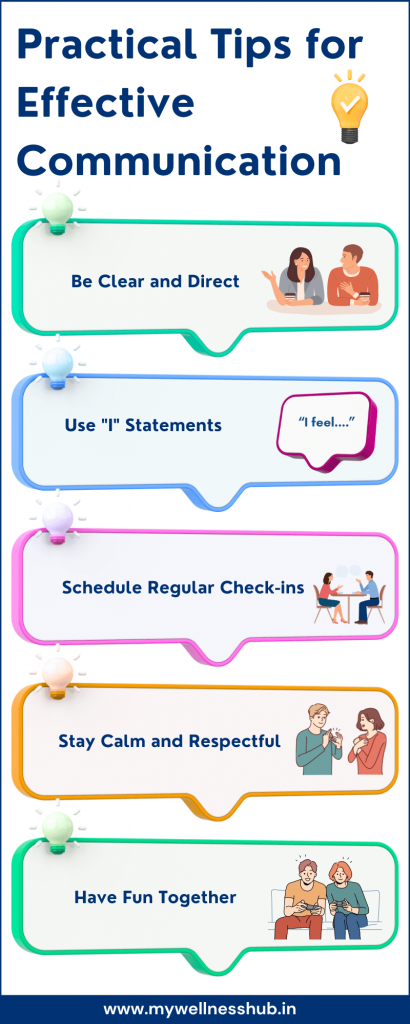
-
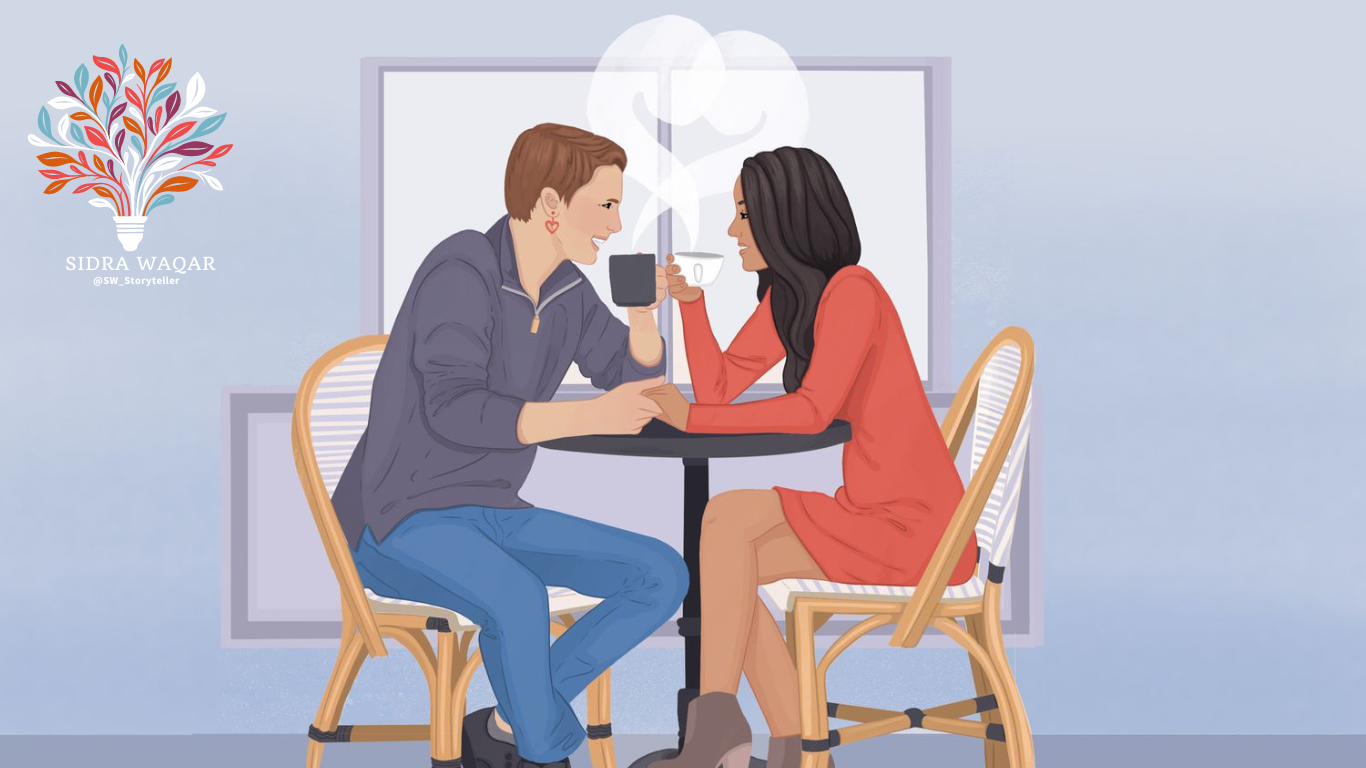
-

-

-

-
 Selecting the Perfect Foundation Shade: Your Ultimate Guide
Selecting the Perfect Foundation Shade: Your Ultimate GuideDreamWedds Team
-
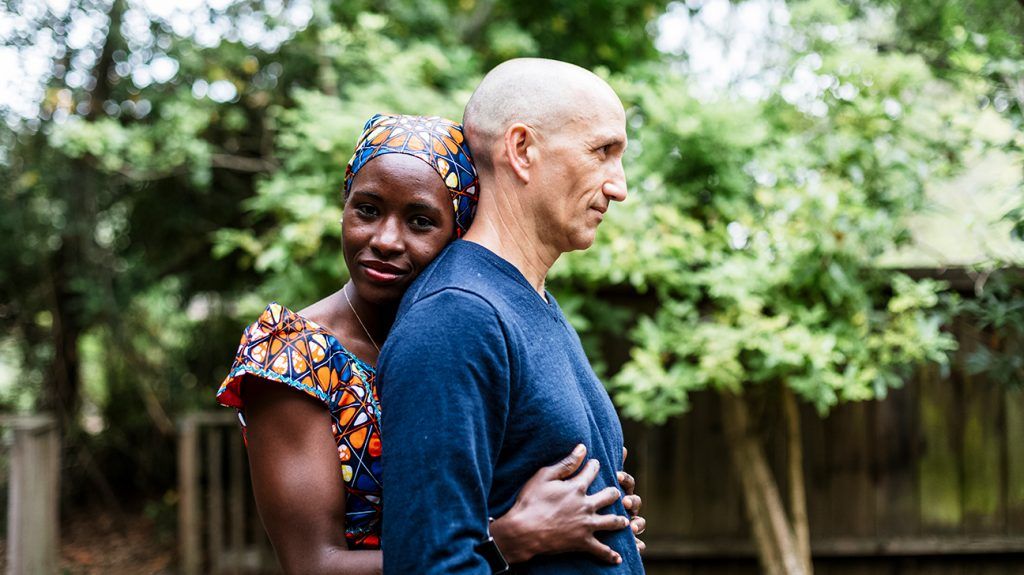
-
-

-
 Fade Dark Spots: Natural Remedies and Tips for Clearer Skin
Fade Dark Spots: Natural Remedies and Tips for Clearer SkinDreamWedds Team
-

-
 Personal Space: The Key to a Healthy and Balanced Marriage
Personal Space: The Key to a Healthy and Balanced MarriageDreamWedds Team
-

-
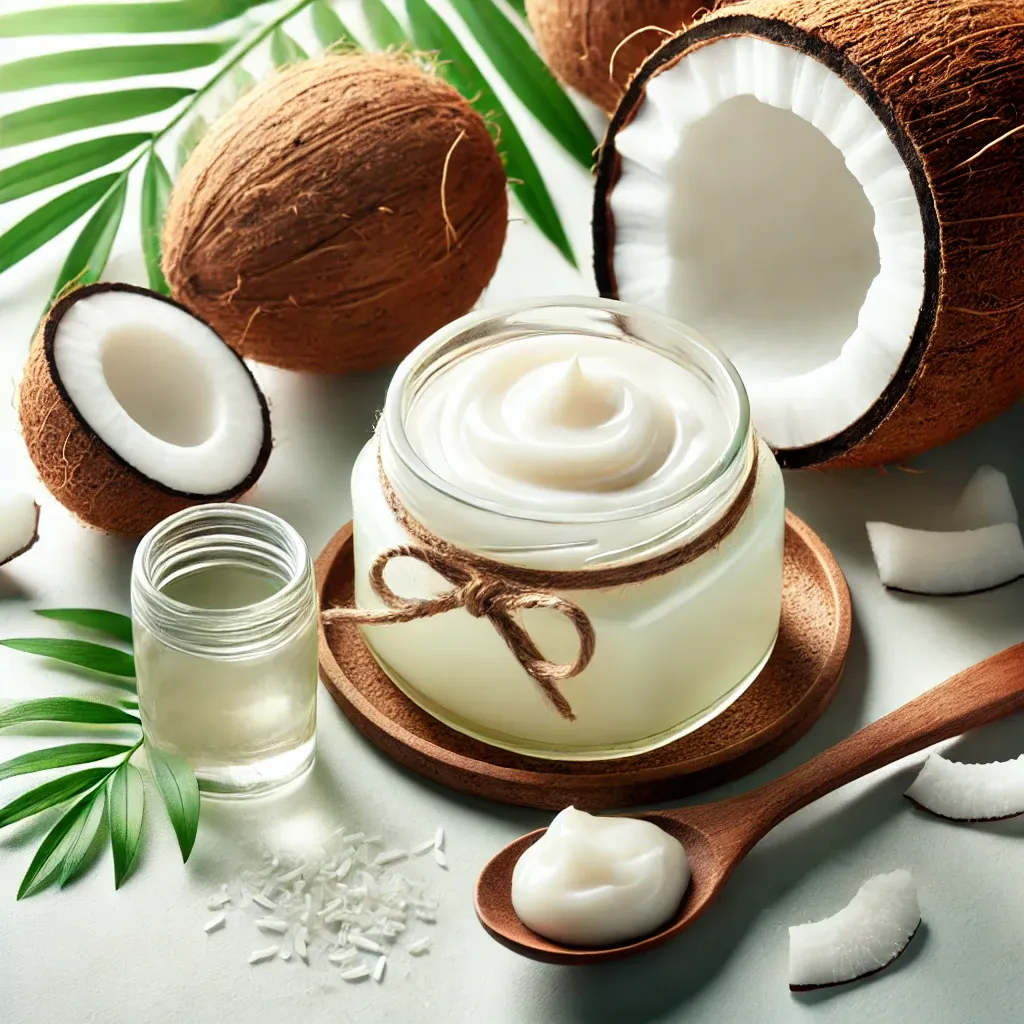
-

-
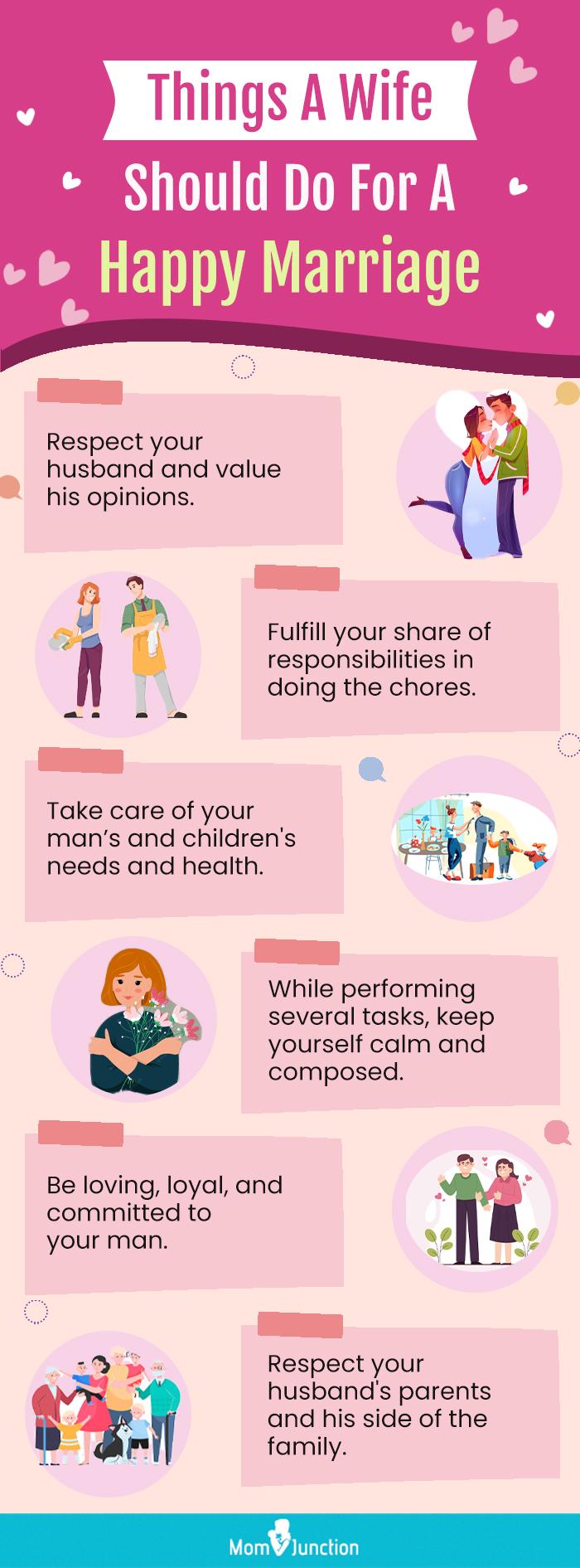
-
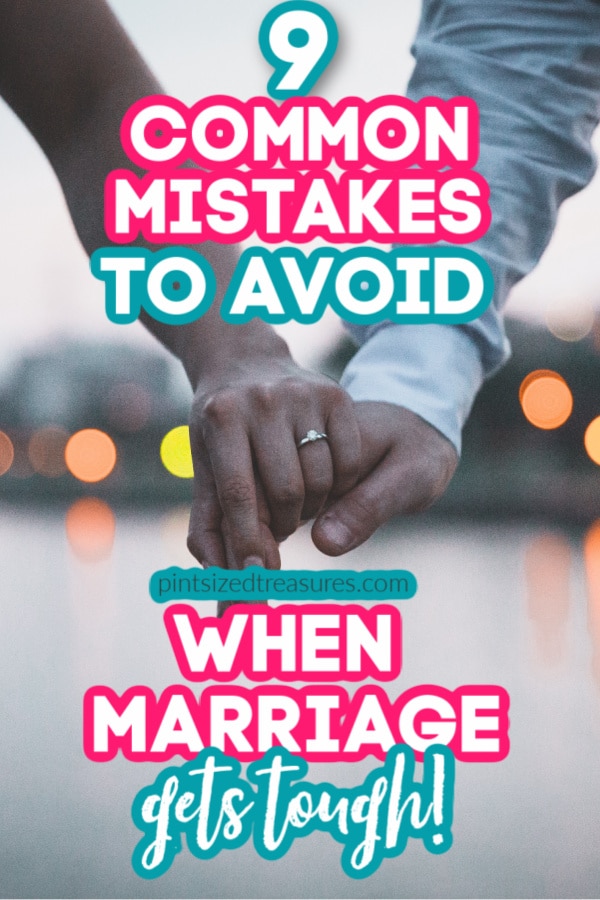
-

-

-

-

-

-
 The Ultimate Guide to Achieving Long-Lasting Bridal Makeup
The Ultimate Guide to Achieving Long-Lasting Bridal MakeupDreamWedds Team
-
 Health and Wellness for Brides and Grooms
Health and Wellness for Brides and GroomsDreamWedds
-

-
-
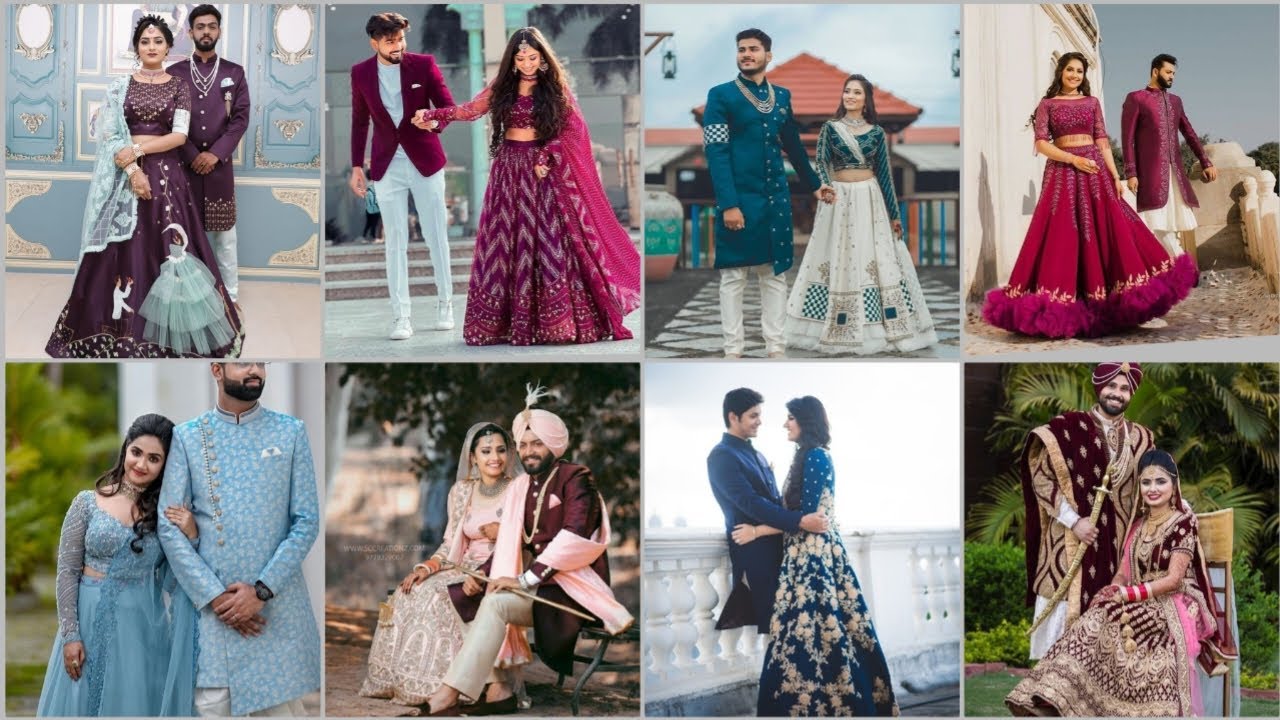
-

-
:max_bytes(150000):strip_icc()/Kitzcornermedium-c9abd848ea634040a06bb6db8b8a7304.jpg)
-

-
 Makeup Basics: Essential Cosmetics Every Beginner Should Own
Makeup Basics: Essential Cosmetics Every Beginner Should OwnDreamWedds Team
-

-

-

-

-

-

-

-
-
 Virat & Anushka: A Fairytale Wedding to Remember!
Virat & Anushka: A Fairytale Wedding to Remember!Yashashvi Mathur
-

-

-

-

-
 The Importance of a Bridal Makeup Trial for Your Wedding Day
The Importance of a Bridal Makeup Trial for Your Wedding DayDreamWedds Team
-

-
 Effective Natural Skincare Remedies to Reduce Pore Size
Effective Natural Skincare Remedies to Reduce Pore SizeDreamWedds Team
-







